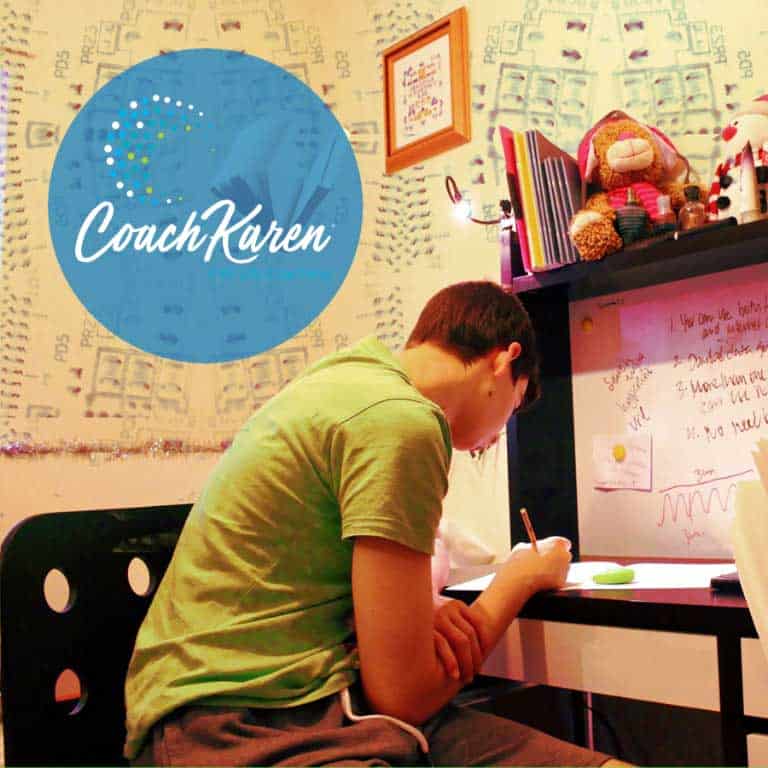Students and parents alike often find the college admissions process inordinately stressful. This does not need to be the case. The following tips are simple yet essential guidelines for completing the type of college applications that lead to admission to the college of your choice. Many families choose to employ a college application professional to guide them through the process. Whether or not you choose to do so, use the following tips to help move through the process as smoothly as possible.
- Throughout high school, work with your guidance counselor to choose courses that fulfill your graduation requirements and align with your interests.
- Enroll in Advanced Placement courses in subject areas in which you are interested and successful.
- Prepare for and take standardized tests in your junior year. The SAT and ACT are the most common. Research which is right for you. Consider taking them more than once to achieve your best scores since universities typically weigh standardized test scores as heavily as your GPA.
Now it is time to start your college search.
- Begin to research colleges and universities no later than the summer preceding your senior year. Consider factors important to you such as academics, location, size, qualifications, diversity, athletics, and cost.
- Choose approximately 8-10 colleges for application. Choose those that have GPA and standardized test score requirements that match your ability closely [“match”], those that are more challenging [“reach”], as well as those that you meet all requirements for [“safety”].
Visit as many prospective colleges and universities you can. After you complete your college application list, get organized. One great tool is provided by Big Future. Track the completion of all elements of your applications.
- Request recommendations at least one month in advance from teachers, counselors, sports coaches, comma but no slash etc. Compile a “brag sheet” so recommenders know what you’d like included.
- Some colleges require a personal statement period. Your statement should have enough personal information to give an admissions committee a perspective of who you really are and who you want to be in the future.
Once you receive your acceptance letters, you are ready to choose the college or university that you will attend. Ensure that you utilize all support available to you. As aforementioned, many families choose to employ a college application professional like me to guide them through the process. A student with assistance from the right person will likely be admitted to more colleges and experience less stress personally and within the family. If you choose to go with assistance or go it alone, I hope that these guidelines result in admission to the college or university that is best for you. Good luck!
—–
Virginia Kerrigan Ruehrwein, B.A., M.Ed., Harvard Graduate School of Education. Virginia Kerrigan Ruehrwein holds a Master of Education degree from Harvard University, and has been an expert in college admission for more than ten years. Mrs. Ruehrwein worked as a teacher and guidance counselor before finding her calling in college admissions. As the owner of Total Student Support, she provides college application assistance, standardized test preparation, and individualized English tutoring. She is a passionate and caring professional dedicated to guiding your child to admission to his or her dream college.




